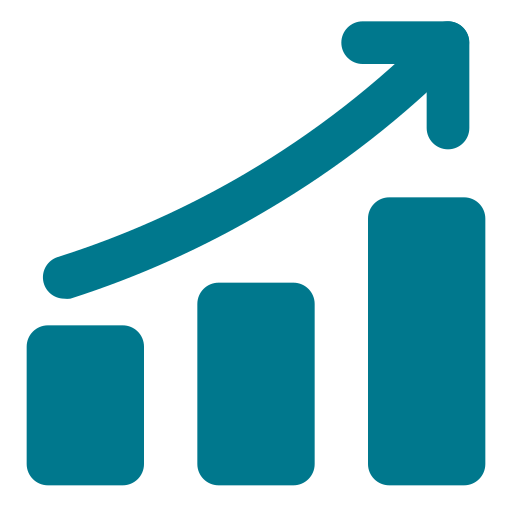
Upcoming Workshops
The Art of Wellbeing: Understanding, preventing and managing vicarious trauma
Learn effective best practice responses for prevention, self care and accessing recovery supports
When: Coming 2025
Time: 9:30am – 1:00pm
Duration: 3.5 hours
Location: Online
This workshop covers all you need to know about potential reactions to distressing and stressful material at work. Take a half day out of your work to help build resilience by increasing your repertoire of prevention and self-care strategies.
This workshop is for everyone who wishes to maintain their own resilient practice and for those who supervise and mentor others. Join Dr Richard Cash, our trauma expert, to understand the range of potential reactions to distressing, confronting or objectional materials at work and learn about the different ways working with trauma survivors can affect you. You will learn how to recognise and differentiate a number of responses, including vicarious trauma, burnout, compassion fatigue, and moral injury. Develop best practice strategies for prevention and learn how to identify early warning signs, implement effective self care strategies and access further support.
Learning outcomes
- Recognise the range of ways we can be affected by exposure to other people’s trauma at work
- Recognise and understand the range of possible responses when dealing with distressing or objectionable material
- Identify burnout, vicarious trauma and compassion fatigue as potential responses
- Learn about the neuroscience of these responses
- Understand the impacts of these responses on wellbeing and functioning
- Learn effective best practice responses for prevention, self care and accessing recovery supports
Who should attend
This is a specialist skills workshop suitable for new, experienced and advanced practitioners. This workshop is suitable for workers in clinical settings.
Facilitator: Dr Richard Cash
'Richard was an excellent facilitator and was able to conduct the session in an engaging manner'.
- 360Edge workshop participant, 2024
On 18 July 2024 we delivered The Art of Thriving workshop to 9 participants
The feedback was outstanding
- 10 out of 10 would recommend the training to others
- Satisfaction was rated 9 out of 10
- Relevance to their work was rated 10 out of 10
“Richard was an excellent facilitator and was able to conduct the session in an engaging manner. ”
— Workshop participant, 2024
Participants came from alcohol and other drugs and mental health sectors.

Knowledge up 62%

Skills up 53%

